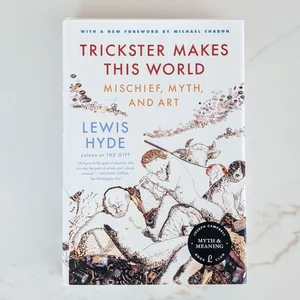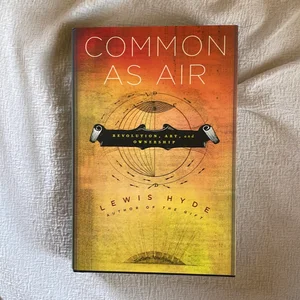
Books Sold
13Copies for Sale
2# of Titles
3Lewis Hyde
Lewis Hyde is an American essayist, cultural critic, and scholar whose work focuses on the nature of creativity, the cultural importance of the commons, and the politics of authorship. He is best known for his book "The Gift: Creativity and the Artist in the Modern World," originally published in 1983, which argues that the best creative work is often done in a spirit of generosity rather than for commercial gain. Hyde draws on anthropology, literature, economics, and the history of ideas to explore the significance of gifts and gift-giving in both artistic creation and broader societal contexts. Hyde's broader scholarly interests include subjects like the public domain, the history of the commons, and the intersection of imagination, property, and art. His thorough, multidisciplinary approach has made his work influential in many fields beyond literary criticism, including political theory, economics, and the arts. In addition to "The Gift," Hyde has written other notable books, including "Trickster Makes This World: Mischief, Myth, and Art" and "Common as Air: Revolution, Art, and Ownership." He has held fellowships from the Guggenheim Foundation, the National Endowment for the Humanities, and the MacArthur Foundation.
All titles by Lewis Hyde
All
Art
General Fiction





